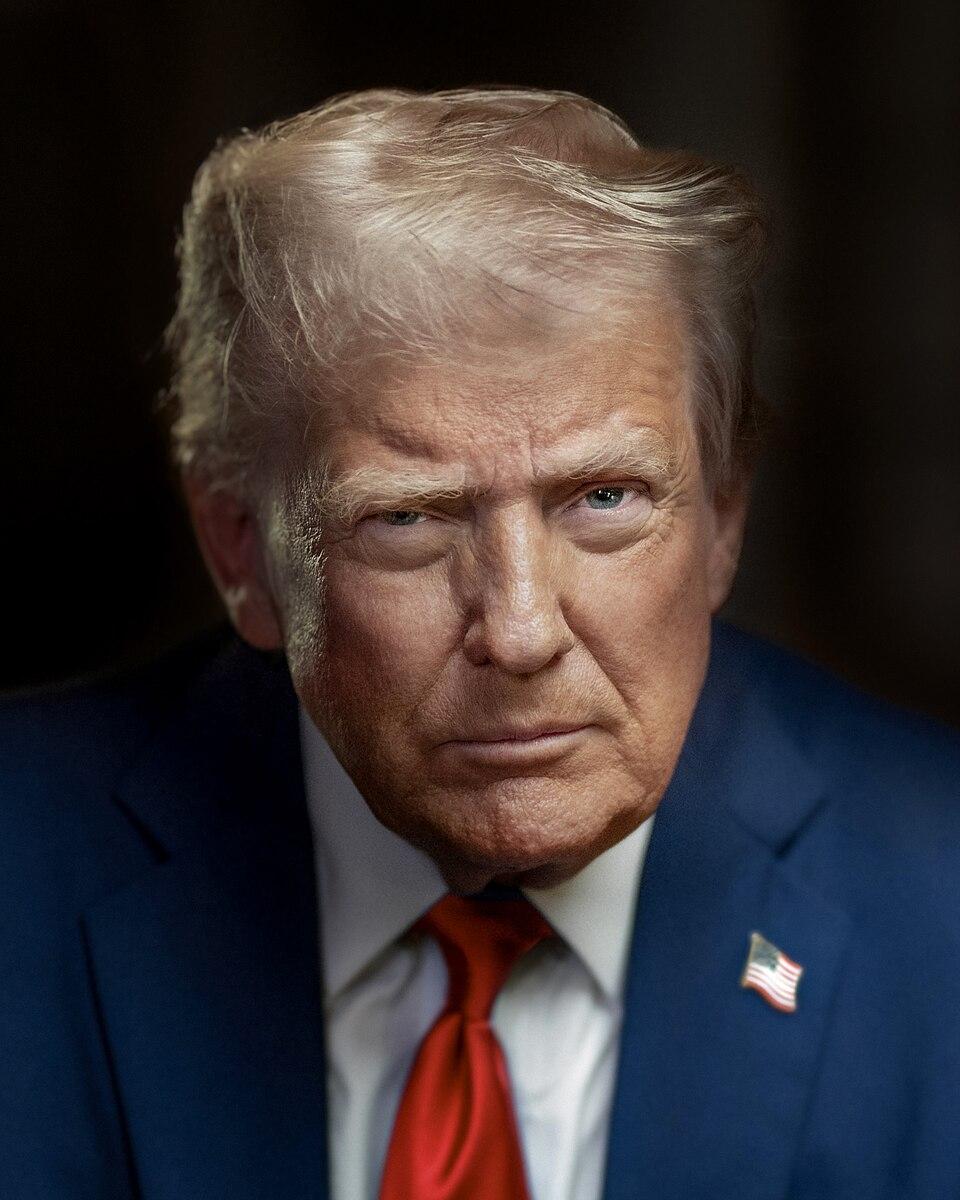Trump’s Lavish Welcome for Putin: A Diplomatic Gesture or a Political Misstep?
In a stunning display of diplomacy, former President Donald Trump welcomed Russian President Vladimir Putin with unprecedented fanfare, rolling out a luxurious red carpet typically reserved for state visits. This ostentatious gesture has sparked considerable debate, particularly among those who view the relationship between the two leaders with skepticism.Many critics argue that such a show of solidarity sends a troubling message, especially in light of ongoing conflicts, including the devastating war in Ukraine. For Ukrainians and their allies, Trump’s welcoming overtures could be interpreted as a betrayal, undermining their fight for sovereignty and emboldening a leader they perceive as an aggressor.
The implications of this lavish reception extend beyond immediate diplomatic relations; they raise profound questions about the motivations behind such displays. Supporters of Trump might argue that fostering relationships with global leaders is paramount for national strategy, yet the optics remain fraught.A few key considerations arise from this controversial meeting:
- Reinforcement of Anti-Western Sentiments: Critics contend that this warm reception may signal a tacit approval of Putin’s actions, further alienating Ukraine and its supporters.
- Domestic Political Ramifications: Trump’s actions risk alienating bipartisan support for Ukraine, pivotal in maintaining aid and resources to combat the Russian invasion.
- International Perception: The spectacle risks reshaping how other nations view U.S. leadership and commitment to democratic values.

Ukrainian Voices: The Emotional Fallout of a Red Carpet Reception
As images of the red carpet welcoming Vladimir Putin circulated globally, a wave of anger and disappointment swept through Ukraine. Many Ukrainians,who have endured years of conflict,felt a visceral sense of betrayal as they watched their adversary receive such pomp and circumstance from an American leader. The juxtaposition of lavish treatment against the backdrop of ongoing struggle in Eastern Ukraine prompted emotional outpourings on social media, with individuals sharing their personal accounts of loss and hardship. Their sentiments echoed a broader narrative, one rooted in the sacrifices made by countless families affected by the war.
The collective grief was palpable, as many expressed feelings of isolation amid international displays of goodwill towards a figure they see as a symbol of their suffering. Among the voices of discontent were veterans, civilians, and activists who conveyed a simple yet profound message: “we are still here, and our pain is real.” The emotional fallout extended beyond borders, with numerous citizens pressing for more robust support from the West, urging leaders not to forget the ongoing plight of Ukraine. Key themes emerged in discussions, including the necessity for global solidarity, accountability for aggression, and the commitment to peace, underscoring the urgency felt by those in a nation still yearning for recognition and justice.

Analyzing the Impact on International Relations: Is Trust Eroding?
The recent cordial interaction between Trump and Putin, marked by a literal red carpet welcome, has sent shockwaves through international diplomacy, particularly among Ukraine and its Western allies. The visual symbolism of such an embrace hints at a potential polar shift in alliances, raising questions about the durability of trust established by years of diplomatic efforts aimed at countering Russian aggression. Observers argue that this display may embolden Putin, who has repeatedly tested the limits of international boundaries without facing significant repercussions, perhaps sowing seeds of discord among NATO countries that have stood firmly against his expansionist motives.
For Ukrainians, the implications are deeply personal and visceral. The perception of being forsaken at a time when they need solidarity the most underscores a growing anxiety about the reliability of international partnerships. As foreign policy becomes increasingly transactional, the fears resonate louder among nations seeking refuge from authoritarianism. Some key considerations include:
- Shifting alliances: The red carpet event signals potential shifts in side-taking within global politics.
- Vulnerability of smaller nations: countries like Ukraine may feel abandoned, raising concerns over their sovereignty.
- Trust erosion: The trust that serves as a cornerstone of international diplomacy faces testing times amid fluctuating political climates.

Path Forward for ukraine: Strengthening Alliances in a Time of Betrayal
As the world watches a former U.S. president roll out the red carpet for Vladimir Putin, Ukrainians are left grappling with a sense of betrayal that runs deep. This moment not only reflects the complex geopolitical landscape but also underscores the urgent need for Ukraine to strengthen its alliances with partners who remain steadfast in their support. The stakes are high, and in a time when old friendships may falter, Ukraine must look towards building new coalitions and solidifying existing relationships that prioritize democracy and sovereignty over personal political agendas.
To navigate this precarious path forward, Ukraine should consider focusing on several key strategies:
- Deepening Ties with NATO: Reinforcing commitments and defense cooperation to bolster military readiness and provide a united front against aggression.
- Engaging with Non-Traditional Partners: Seeking alliances with countries outside the typical sphere of influence can diversify Ukraine’s support network.
- Promoting Global Awareness: Launching campaigns to educate international communities about the ongoing struggles faced by Ukrainians can enhance political and humanitarian support.
- Leveraging Economic Partnerships: Strengthening economic ties with allies to create a robust network of mutual benefits can aid in resilience during challenging times.
